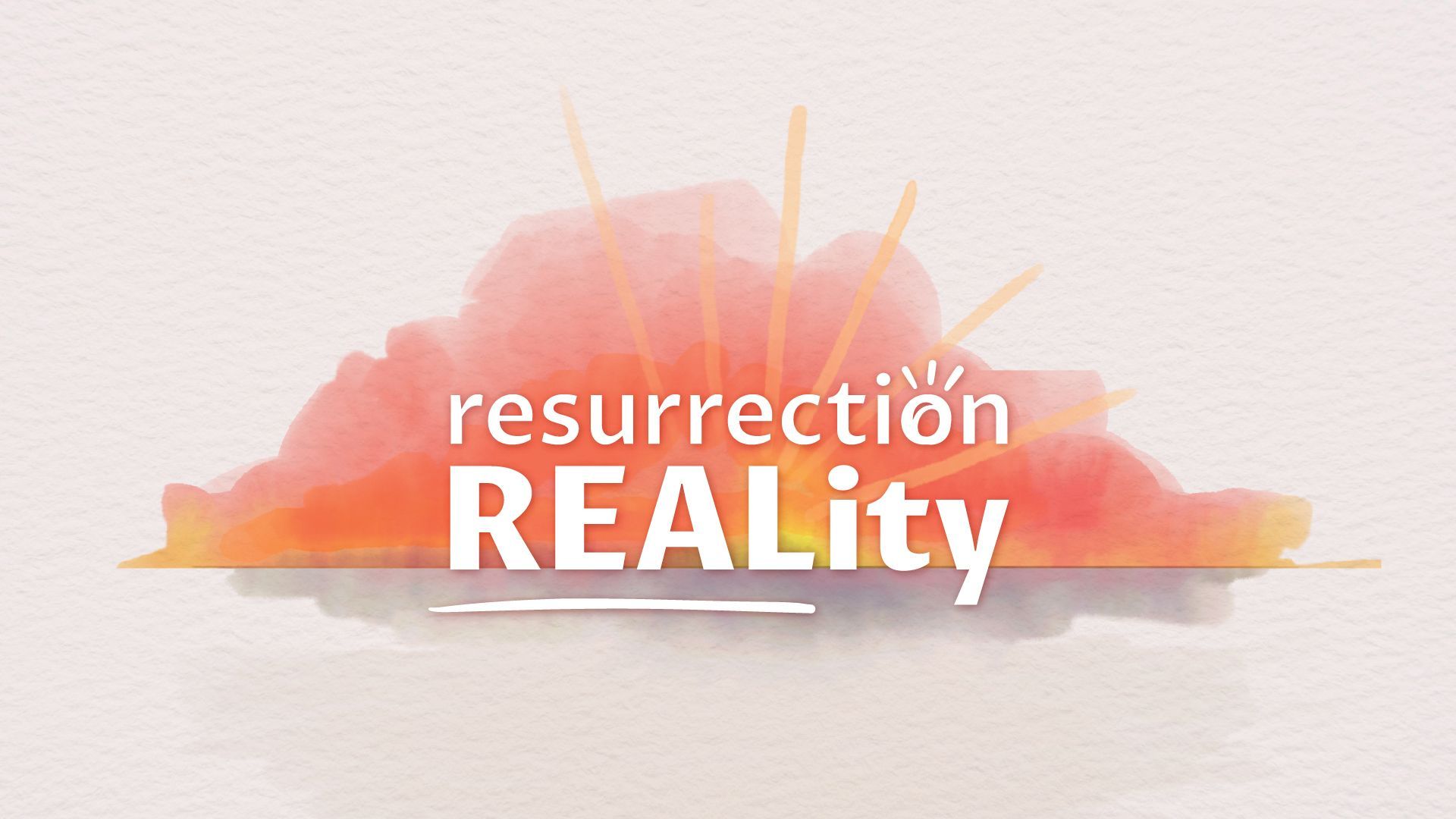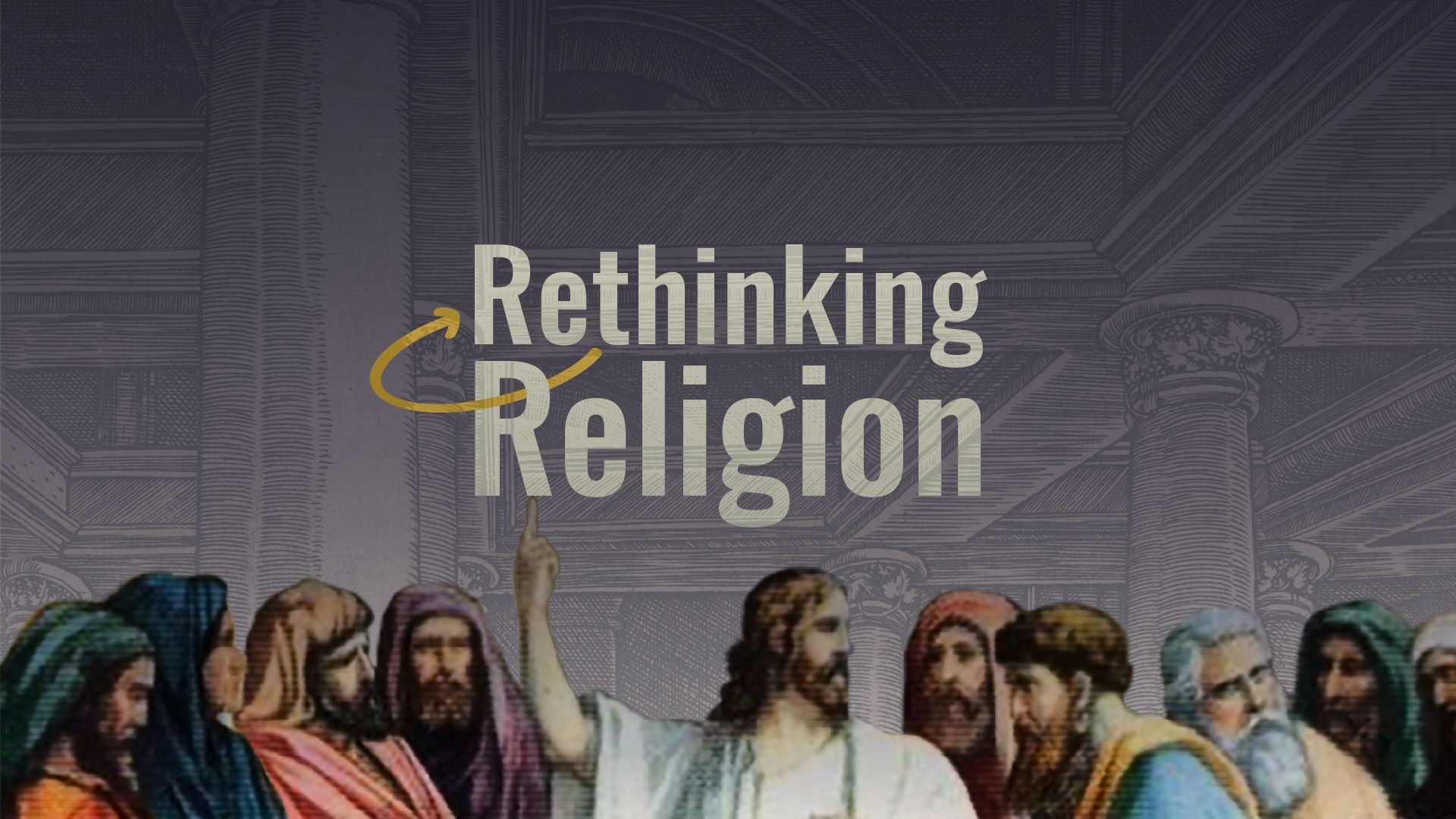Audio Recordings
Audio recordings of the Moncks Corner Campus sermons are made available here at the conclusion of each Sunday's service.
Livestreams
Livestreams of the Summerville Campus service begin at 10:30 AM each Sunday on the Summerville Campus Page.

By beautifulsaviormedia
•
21 Apr, 2024
Scripture frequently pictures spiritual care in terms of a shepherd watching over sheep. Even folks unfamiliar with shepherding are able to grasp the meaning. Sheep are helpless animals - an easy meal for predators. For sheep to survive the needed a shepherd who not only leads them to sources of food, but who also is willing to tangle with a pack of wolves. Jesus is such a shepherd. He proved He is willing to lay down His life for His sheep.

By Pastor Quinn
•
14 Apr, 2024
A platitude is a statement aimed at helping sooth some sort of emotional unease. “What doesn’t kill you makes you stronger.” Or “Life is a mystery.” Or “Good things come to those who wait.” While platitudes may be well-intentioned, at best they come off as trite. And since platitudes provide no real help, they can actually make a situation worse. Tell the one whose heart is shattering, “Life is a mystery.” They won’t appreciate your platitude or you. The resurrection gives believers the ability to offer more than platitudes. We have a meaningful message to share—of repentance, of forgiveness, of peace, of power. The reality is we have something important to say to every single person that God brings into our sphere of influence. And our risen Savior gives us the courage and power to share that meaningful message.

By Pastor Quinn
•
07 Apr, 2024
In most world religions, the alleged foundational event was experienced by only one person. A self-proclaimed prophet would allege he alone had some special encounter with God. “No really! Just trust me. It really happened.” The resurrection reality is so very different. In the Great Resurrection Chapter (1 Corinthians 15), St. Paul writes an entire paragraph listing all the people to whom Jesus appeared after he rose, including a group of over five hundred at one time. It is like St. Paul is telling skeptics, “You don’t need to take my word for it. Hundreds of us saw Jesus back from the dead.” The proof of Jesus’ resurrection brought peace and strength to those early believers. They knew there was more to their existence than just their time on earth. They knew the reality that eternal life was theirs, a gift from their living Lord. It gave them incredible joy and courage. May the resurrection reality give us the same.

By Pastor Quinn
•
31 Mar, 2024
The film director Woody Allen once said, “I’m not afraid to die, I just don’t want to be there when it happens.” Studies have shown that most people fear death to varying degrees. This fear is so common, there is even a field of psychological study called thanatology. It examines human reaction to death and dying. One of the biggest reasons people fear death is the perception of its permanency. In the normal realm of human existence, dead is dead. Someone dies, and all you have are pictures and memories. That is the way people typically think, but it is far from reality. Today, Christ proves to us that death is not final at all! Easter teaches us that Christ is the first fruits of those who have died. Just as Christ rose, “so in Christ all will be made alive”(1 Corinthians 15:22). That changes everything: the way we grieve the death of a Christian loved one, the way we feel when our health fails, the way we look at the purpose of life right now. Let us rejoice in this resurrection reality: All will be made alive!

By Pastor Quinn
•
24 Mar, 2024
Most religions believe in a powerful God. It is assumed that God will use that strength for the benefit of his followers. That is a reasonable assumption, but it begs the question. What is real strength? It is easy to assume that real strength means exerting your will over another by using any means necessary, including force. But this week we see Jesus Christ demonstrate a different kind of strength. We have come to Holy Week. It begins with Jesus humbly riding a donkey colt straight into the hands of his enemies. As the week progresses, it will appear that Christ’s adversaries are the ones in a position of power and Jesus is in a position of weakness. Yet what Christ does this holy week—setting his divine strength aside, being passive in the face of death—would change the world. To do what Christ did for us and our salvation took real strength.

By Pastor Quinn
•
17 Mar, 2024
Religious sociologists sometimes divide Christians into two groups: committed Christians and cultural Christians. The former are usually defined as those who are active in a congregation, who pray regularly, who read Scripture, etc. The latter are those individuals who call themselves Christian and perhaps have some Christian beliefs. Yet, they do not strive to live a Christian life. They are not interested in church involvement. Those definitions are interesting when trying to understand shifts in American Christianity. However, they demonstrate a false assumption about the Christian religion. There is indeed a devoted commitment at the center of Christianity, but it is not man’s commitment to God. Even believers will at times demonstrate lukewarm commitment at best. Instead, at the heart of Christianity we find God’s devotion and commitment to us. It is a devoted commitment so strong that it put God on the cross.

By Pastor Quinn
•
10 Mar, 2024
While not every religion uses the word “sin,” they all embrace the concept. Every religion acknowledges that mankind’s flawed attitudes or misguided actions are a source of pain, both now and potentially in eternity. So, every religion offers a solution: a set of laws, a moral code, a path to more enlightened behavior. What do they have in common? We are to solve sin through human effort. Be better! Try harder! This is the heart of every false religion. Those who correctly understand they will never overcome their sin are crushed by guilt. Those who ludicrously believe they have defeated their sin are killed by pride. True religion offers a better way—one that frees us from guilt and has no room for pride. Jesus teaches that the solution to our sin is not to work harder. It is to trust in the work he has done for us. Salvation comes through Spirit-wrought faith in Christ.

By Pastor Quinn
•
03 Mar, 2024
We know that the cross was an instrument of torture and execution. However, Scripture also uses the term “cross” to refer to any suffering that one endures because he is believer: the painful denial of the desires of the flesh; ridicule and persecution from unbelievers; etc. This is one reason people reject religion. They see Christians struggling in life with these crosses, while non-Christians often seem perfectly happy. Even the prophet Jeremiah asked, “Why do all the faithless live at ease?” (12:1). Today, Jesus asks us to rethink suffering under the cross. It is not pointless pain. Our crosses are not how we pay for sin. Jesus already did that on his cross. Our crosses are not redemptive, but they are constructive. Any suffering unbelievers face is only bad, a foretaste of worse to come. But the suffering believers face under the cross is only good, a way Christ connects us tightly to himself with fire-tested faith.

By Vicar Jacob Kieselhorst
•
25 Feb, 2024
Person A never attends worship. He can’t see the point. Person B attends every week out of a slavish sense of obligation. Her mind wanders during the services, for she views the activities of worship merely as tasks for her to complete. Who is worse off? Rather than debating the point, let us just admit neither understand the true worth of worship. And that is exactly what Satan wants. Many think worship is about what we do for God. It is the other way around. As we gather around Word and sacrament, the Spirit moves us to love and trust in God above all things. Moved by the cross of Christ, we bow down before our God. We commune with him. And that’s exactly what God wants.
Moncks Corner Campus
Summerville Campus
Moncks Corner Campus
Summerville Campus
Moncks Corner Campus
Summerville Campus
© 2024
Beautiful Savior Evangelical Lutheran Church | All Rights Reserved
© 2024
BSELC | All Rights Reserved


